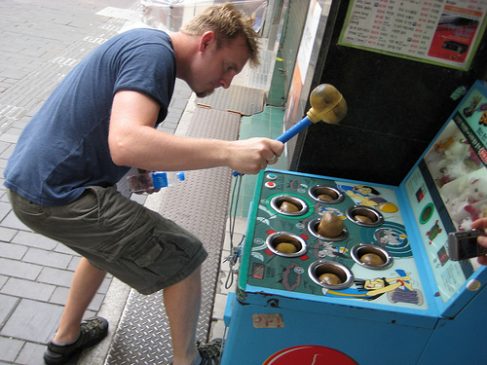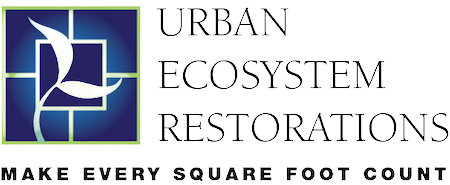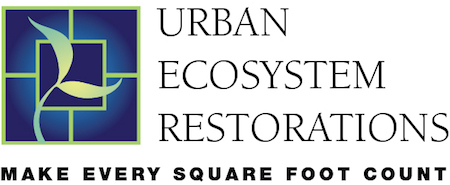
When you devise or pursue a solution to an environmental problem (in your personal or professional life) — whether it be to address problems like reducing car emissions, promoting parks and open space, reducing flooding, shielding people from extreme temperatures and weather, supporting renewable energy, or something else — does that solution work at cross-purposes with other environmental solutions to the same or another environmental problem in our world today?
Do you consider whether the solutions you are pursuing may be wiping out gains for other environmental objectives?
For example, what happens when we create more running tracks, bike lanes, and sidewalks to get people outdoors and reduce reliance on cars, but in doing so, we also cut down trees, reduce habitat, and increase impervious surfaces? Or maybe we cut down trees to benefit from solar panels in our homes. Or maybe we plant a grove of a single tree species in one location, or along a busy street, to increase tree canopy — rather than planting a diverse native plant or forest community, but in doing so, we establish a monoculture (susceptible to disease, infestation, and death) and reduce long-term ecosystem resilience. Examples like these abound.
When we pursue “environmentally friendly” goals that reduce or slow environmental gains in other areas, we’re “playing environmental whack-a-mole” — and it results in slowing our collective progress toward long-term solutions to our many environmental crises.
At UER, we are calling on urban and regional planners, architects and engineers, community activists, political leaders, the real estate community, and citizens in general to innovate out of the “whack-a-mole” box. When environmental solutions instead produce multiplier effects for environmental challenges — rather than single-issue solutions that trade-off gains in other areas — that’s when we can be confident we are headed towards a sustainable future for ourselves and our children.
That’s why UER advocates for Eco-Functioning Spaces. The entire concept of Eco-Functioning Spaces is premised on the notion that they produce multiplier effects with no (or minimal) tradeoffs.
Let’s look for environmental solutions with multiplier effects at every opportunity — big and small. It may take creativity and new ways of doing things, but if we can all do this — in large and small spaces across urban regions — we can transform our collective future.

